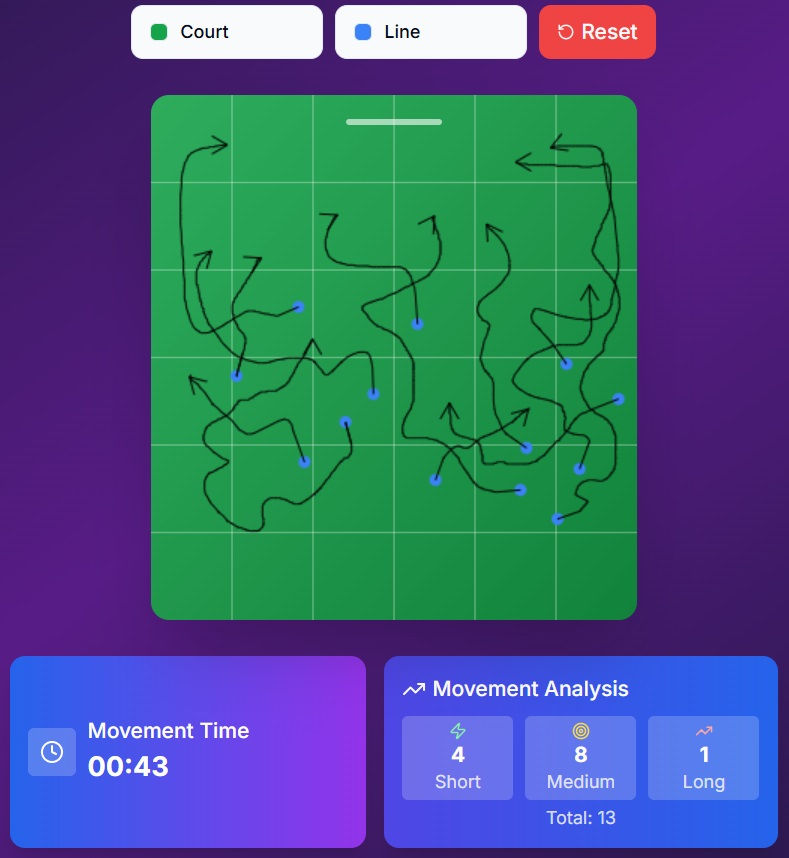Proposed sub-category of games
- Creative PhysEd
- Apr 28, 2023
- 2 min read
Teaching children learn sports skills is indeed a complex process. Many aspects of teaching such as the presentation of instructions, clarity of demonstrations, provision of timely feedback and organisation of the task may certainly affect the quality of the learning experience. Therefore, it is important not to underestimate the importance of effective learning design. One of the challenges that physical educators face today is the large class sizes, typically ranging from 30 to 42 students. While many educators acknowledge the diverse learning needs of the students, teacher-centred, one size fit all approaches are still dominant in today's classroom.
In game-based approaches such as Teaching Games for Understanding (TGfU), it is proposed that we should consider teaching children based on categories of games, instead of specific sports. The 4 game categories are:
(1) target games

(2) net barrier/wall games

(3) striking fielding games

(4) territorial-invasion games

By adopting the abovementioned approach, children will be able to appreciate games of similar tactical structures and transfer their learning better across different games. As a consequent of this approach, it is likely that children will be more motivated to learn and more likely to engage in sports and games on their own outside of the Physical Education curriculum time.
However, we personally feel that the abovementioned broad categories are a little too broad to guide effective planning, game design and instructions. As such, we are proposing that teachers can consider the proposed sub-categories indicated below:
(1) target games
(2) net barrier/wall games
one touch at each side of the net/wall
badminton, tennis, pickleball, etc.
multiple touches at each side of the net/wall
volleyball, sepak takraw, teqball, tchoukball, etc.
(3) striking fielding games
2 bases
3 bases
4 bases
(4) territorial-invasion games
no tackling, no dribbling
netball, ultimate frisbee, etc.
tackling and dribbling allowed
basketball, floorball, football (or soccer), etc.
Utilising this newly proposed sub-categories of games, we strongly believe that teachers will now have a clearer idea on how to design learning experiences that can bring about the transfer of learning across different games more effectively.




Comments